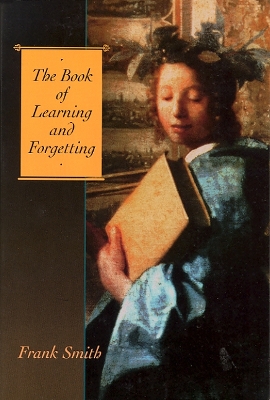
In this thought-provoking book, Frank Smith explains how schools and educational authorities systematically obstruct the powerful inherent learning abilities of children, creating handicaps that often persist through life. The author contrasts a false and fabricated ""official theory"" that learning is work (used to justify the external control of teachers and students through excessive regulation and massive testing) with a correct but officially suppressed ""classic view"" that learning is a social process that can occur naturally and continually through collaborative activities. This book should be of interest in a time whan national authorities continue to blame teachers and students for alleged failures in education. It should help teachers and parents to combat sterile attitudes toward teaching and learning and help them to prevent current practices from doing further harm.
There’s a lot to this one. Education is broken, and this book looks into one reason why. The premise? There is a “classic theory of learning” that we all grew up with and a historical theory.
We’re all familiar with the classic theory. You go to class with others of your age, your teacher goes over a set curriculum, you take a test on the subjects and are left feeling great or like you failed. Repeat this process to “learn”.
This process hasn’t been around that long. Look back 200 years ago and people learned completely differently. It seemed to work well, as it led to enlightened artists and ancient philosophers. This book looks into what led to this change in education, and what we can do to get back to the old ways.
Many of the concepts of the old ways connected with me. Leaning towards hands on learning, favoring fun and mentor ship over assessments, mixing up groups to include people of different skill levels and more. It left me wanting to figure out what a curriculum would look like and just how much fun it would be to learn with an excited group of learners in this way.
Reading updates
-
Started reading
-
29 March, 2019:
Finished reading
-
29 March, 2019:
Reviewed
